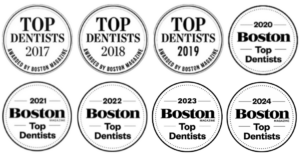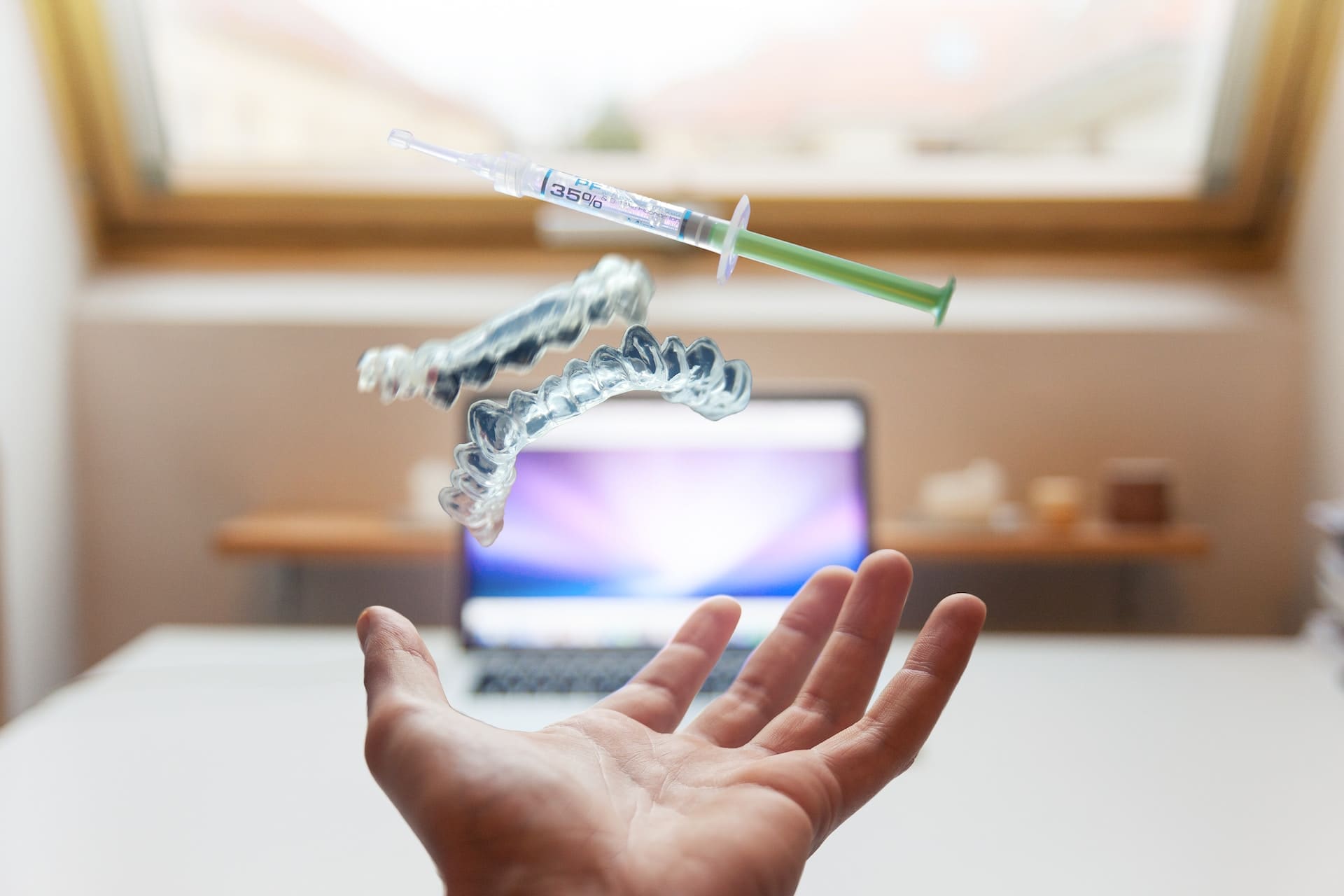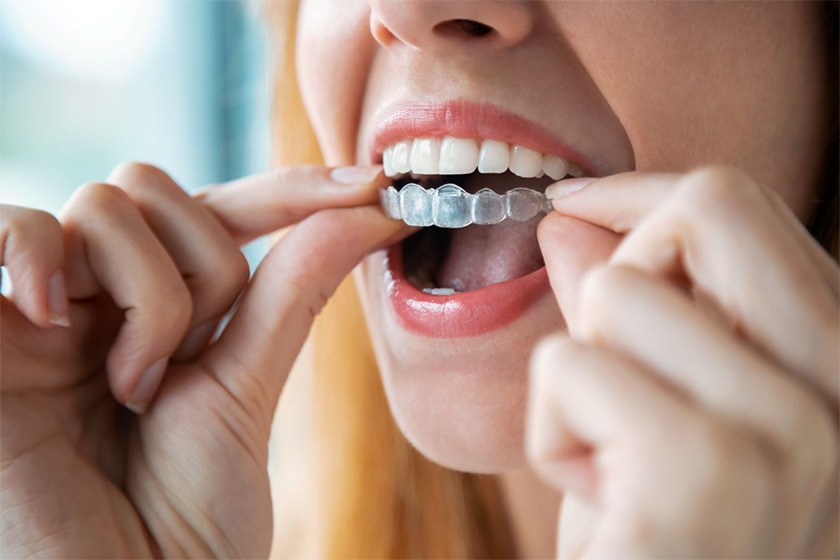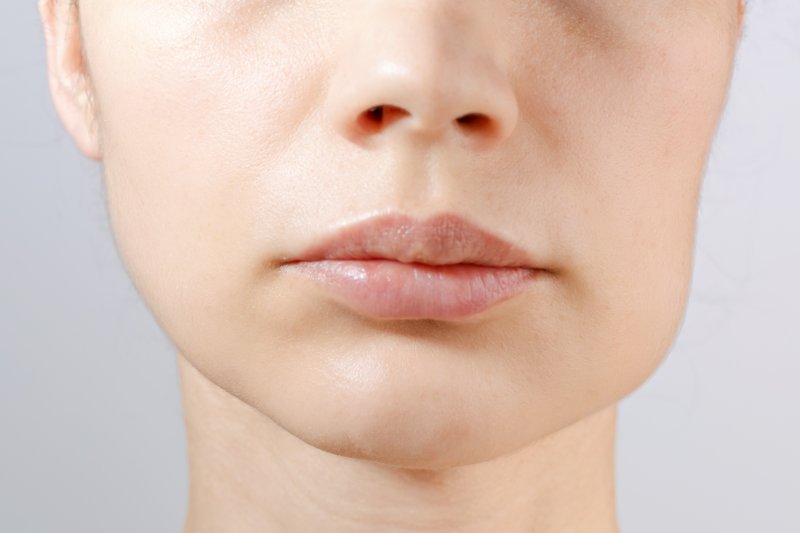Maintaining good oral hygiene is essential, especially when you are undergoing orthodontic treatment with Invisalign. Keeping your aligners clean and free from bacteria is crucial in ensuring the success of your treatment. However, cleaning Invisalign requires a different approach than traditional braces. In this article, we will discuss the do’s, don’ts, and best practices for cleaning Invisalign, so you can maintain a healthy and confident smile throughout your treatment.
Cleaning vs. Rinsing Invisalign Aligners
The first thing to understand is that cleaning Invisalign aligners is not the same as rinsing them. Rinsing your aligners with water after taking them off is a good habit to adopt, but it is not enough to keep them clean and free from bacteria. You need to clean your aligners thoroughly to prevent plaque buildup, bad breath, and other oral health issues.
Do’s and Don’ts of Cleaning Invisalign Aligners
Dos:
– Brush your aligners with a soft-bristled toothbrush and mild toothpaste every morning and night.
– Rinse your aligners with water before and after brushing them.
– Soak your aligners in a cleaning solution recommended by your orthodontist once a day.
– Use a retainer case to store your aligners when not in use.
– Use a water-based mouthwash to freshen your breath and remove bacteria from your mouth before wearing your aligners.
Don’ts:
– Use hot water to clean your aligners, as it can damage them.
– Use abrasive or colored toothpaste, as it can scratch or discolor your aligners.
– Use harsh cleaning solutions, such as bleach, vinegar, or alcohol, as they can damage your aligners and irritate your mouth.
– Eat or drink anything other than water while wearing your aligners, as it can stain or damage them.
Best Practices for Cleaning Invisalign Aligners
– Always keep a spare set of aligners with you in case you lose or damage your current set.
– Avoid exposing your aligners to high temperatures, such as leaving them in a hot car or near a heater.
– Clean your aligners immediately after removing them to prevent bacteria buildup.
– Use a soft-bristled toothbrush to clean your teeth and gums thoroughly before wearing your aligners.
– Follow your orthodontist’s instructions for wearing and caring for your aligners to ensure the success of your treatment.
Do I Need to Avoid Any Cleansers?
It is advisable to avoid using harsh or abrasive cleansers that could damage or scratch your aligners. Using a gentle cleanser or soaking your aligners in a specialized solution recommended by your orthodontist is usually the best option.
Best Ways to Care for Your Aligners
- Brush and floss your teeth before putting your aligners back in your mouth.
- Avoid drinking anything other than water while wearing your aligners to prevent staining or discoloration.
- Rinse your aligners with lukewarm water every time you take them out of your mouth.
- Soak your aligners in a specialized solution recommended by your orthodontist to keep them clean and fresh.
- Always store your aligners in their case when you’re not wearing them to protect them from damage or loss.
- Don’t hesitate to contact your orthodontist if you have any questions or concerns about caring for your aligners.
Conclusion
In summary, cleaning Invisalign aligners requires a combination of brushing, rinsing, and soaking in a cleaning solution. By following the dos and don’ts and best practices outlined above, you can maintain good oral hygiene and ensure the success of your orthodontic treatment. If you have any questions or concerns about cleaning Invisalign, don’t hesitate to consult with your orthodontist.
If you are looking to get Invisalign in Lexington, contact Lexington Smile Studio. Our dental services include cosmetic dentistry, prosthodontics, implant dentistry, periodontics, and laser dentistry. Call to book an appointment today!






